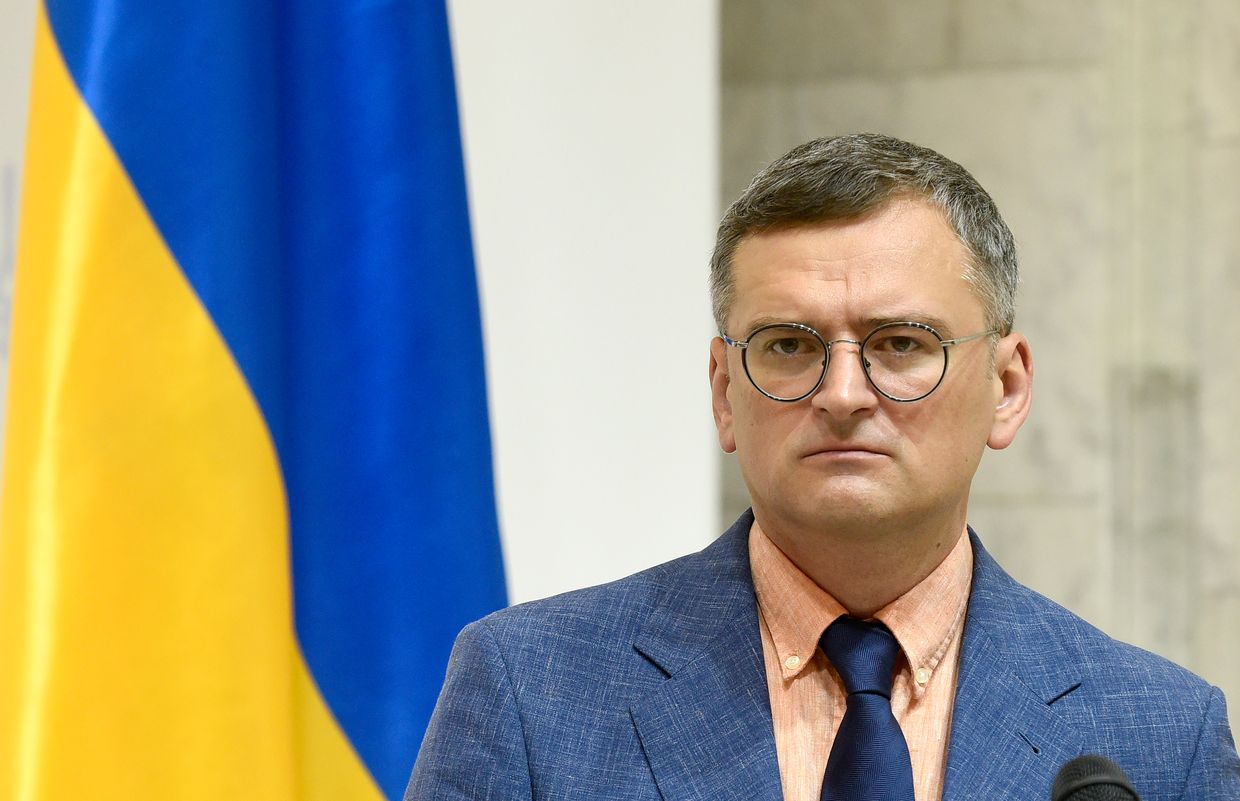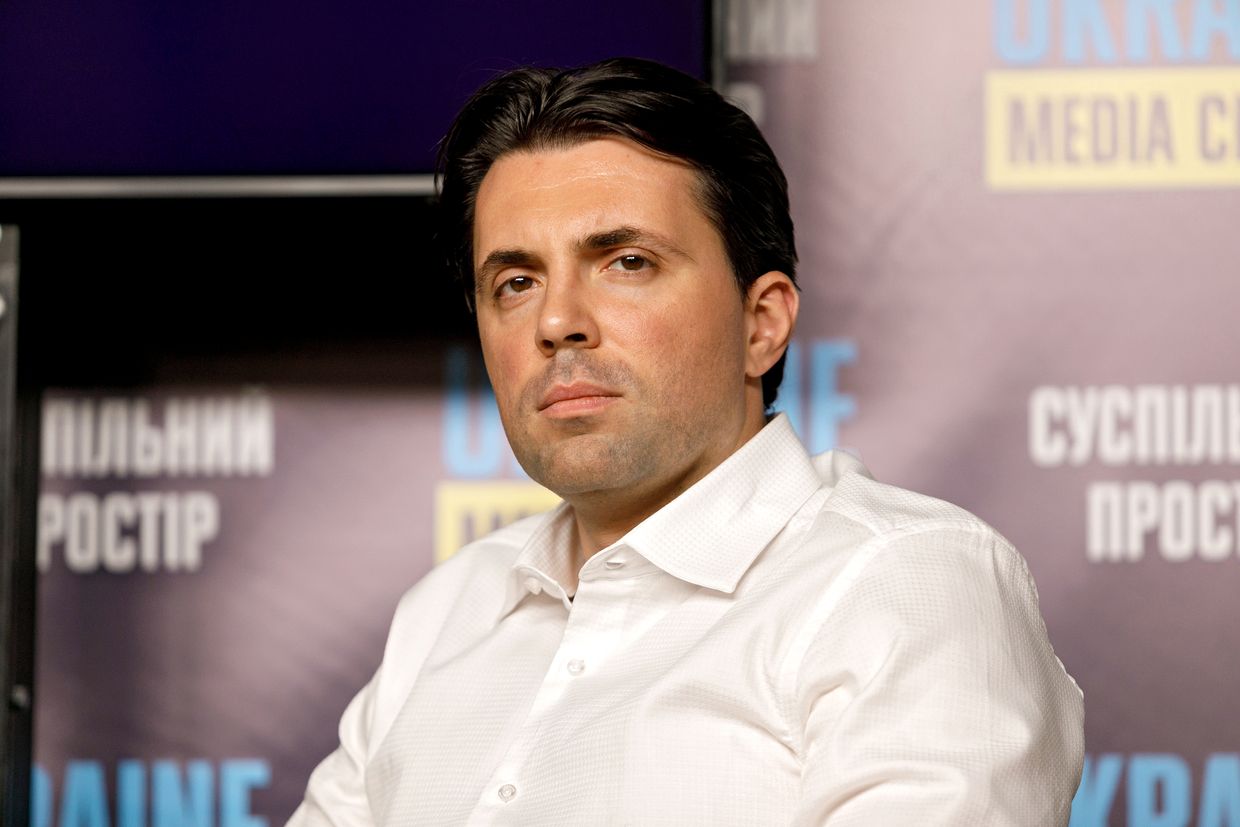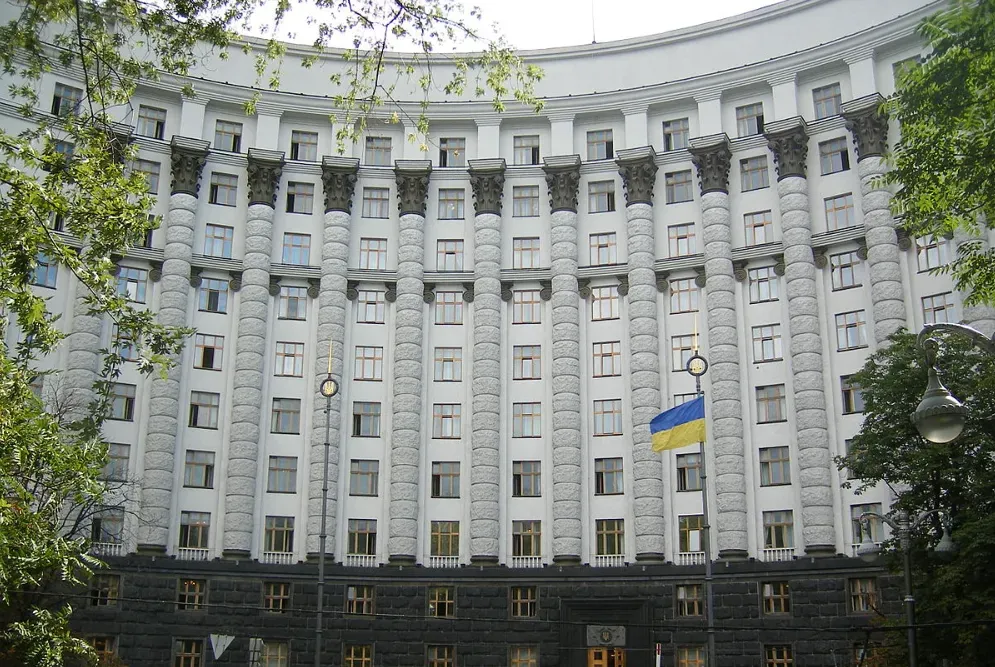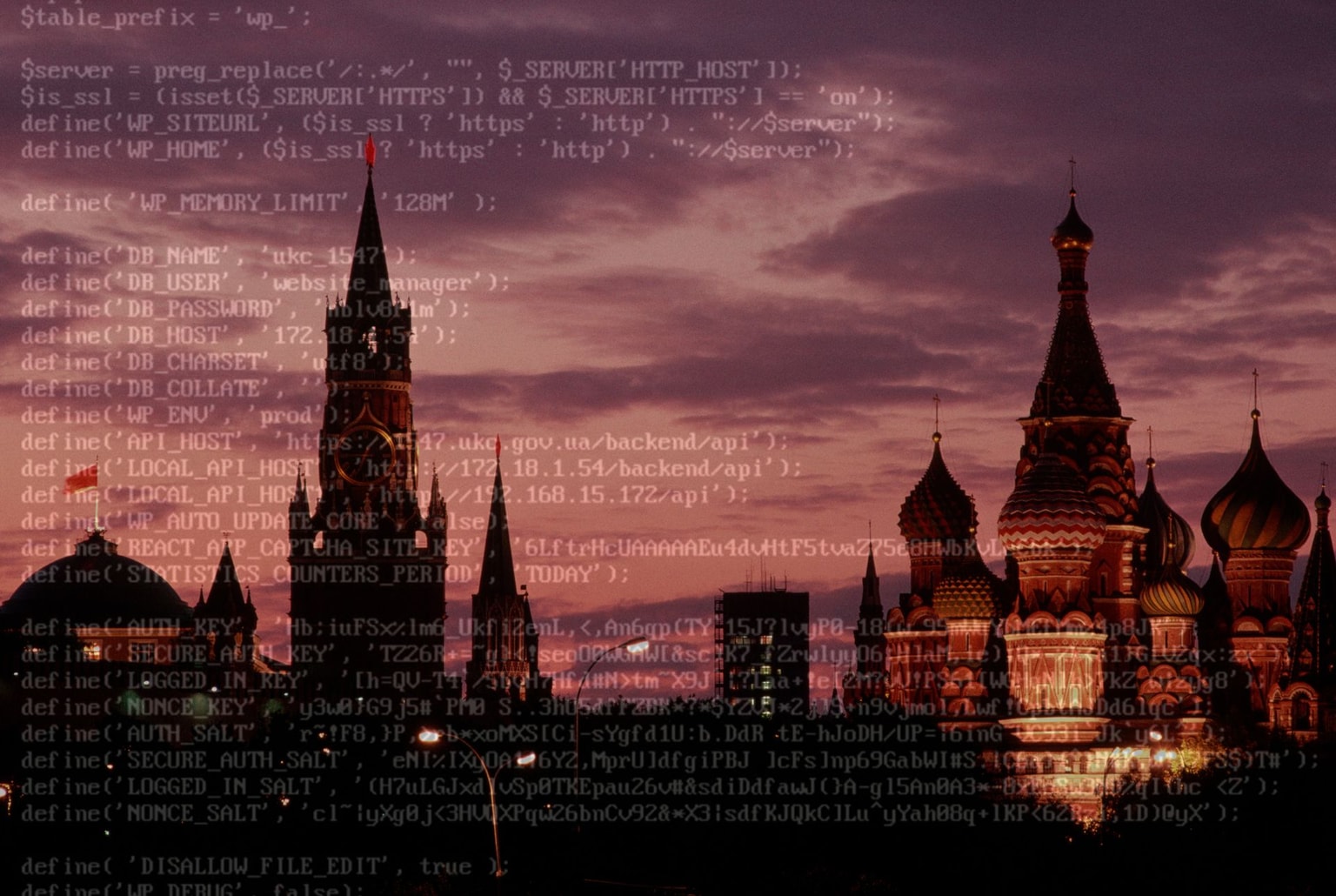MP Yaroslav Zhelezniak: Developments in Ukraine’s parliament on economic reforms, international obligations — Issue 71

Editor’s note: This is issue 71 of Ukrainian lawmaker Yaroslav Zhelezniak’s weekly “Ukrainian Economy in Brief” newsletter, covering events from Aug. 26- Sept. 1, 2024. The digest highlights steps taken in the Ukrainian parliament related to business, economics, and international financial programs.
The Kyiv Independent is republishing with permission.
Benchmarks and soft commitments in the memorandum with the IMF
The parliament will consider a draft law on customs reform in the final reading.
This week the Verkhovna Rada, Ukraine's Parliament, will consider in the second reading draft law #6490-d on the restart of the State Customs Service. The Committee on Finance, Tax and Customs Services recommended it during a meeting on Aug. 29.
We expect that the Verkhovna Rada will vote and adopt draft law #6490-d on Sept. 3 as the plenary week is scheduled for Sept. 3-5. The draft law is also a requirement of the World Bank and the U.S.
As we reported earlier, the text of the draft law for the second reading was designed and agreed with all key stakeholders including the Finance Ministry, the State Customs Service, business associations, NGOs and international experts.
The approved text is based on the provisions of the adopted draft law №10439-2 on relaunching the Bureau of Economic Security, which was supported by international partners. Draft law #6490-d meets all the requirements within the relevant benchmarks of the IMF, the World Bank, and the EU (Ukraine Facility).
Among the key provisions are:
- transparent competitive procedure for the selection of the State Customs Service head with a casting vote of international experts (the selection commission will consist of three international representatives and three candidates from the Cabinet of Ministers);
- re-attestation of management within 18 months from the appointment of the new head of the State Customs Service and of other employees within three years;
- international partners will choose half of members of attestation commissions for management positions based on proposals from Ukrainian businesses;
- political independence of the new head: dismissal based on the results of external audit;
- increase of wages for custom servicemen to a decent level is guaranteed by the law.
The parliament will consider draft laws on increasing defense expenditures and taxes.
During the plenary week scheduled for Sept. 3-5, the Verkhovna Rada will consider in the first reading draft law #11417 on increasing budget spending on defense and draft law #11416-d which increases taxes.
Last week, draft law #11416-d on a tax increase was revised and recommended for the first reading by the Tax Committee. The revised draft law suggests increasing the military levy on income by 5%.
The draft law also suggests increasing taxes for individual entrepreneurs of groups one and two of the simplified taxation system, advance payments of gas stations, monthly reporting of personal income tax (for economic reservation of conscripts that the government plans to launch in October-November 2024), and increasing the corporate income tax rate for non-bank financial institutions (except insurers) to 25%.
The Finance Ministry and the National Bank of Ukraine opposed raising the bank profit tax rate to 50%. They also stated during the discussion that the IMF is against this provision. As a result, the provision was excluded from the final text.
According to the Finance Ministry, the final version of the draft law may provide only Hr 30 billion ($727 million) of additional budget revenues in 2024 instead of expected Hr 125 billion ($3 billion) and only Hr 127 billion ($3.1 billion) out of the Hr 340 billion ($8.2 billion) needed in 2025.
The Finance Ministry is going to procure the remaining funds by reducing budget expenses, saving from a recent debt restructuring deal agreed upon with bondholders, and collection of 385 bn UAH in the domestic market by the end of the year.
The Budget Committee will consider the revised version of the draft law with amendments to the State Budget on Monday, September 2.
World Bank priorities
The Parliament will consider six draft laws to meet Ukraine's obligations to the World Bank.
During the parliamentary meetings scheduled for Sept. 3-5, the Verkhovna Rada will consider six draft laws which are required by the World Bank.
The parliament will vote in the final reading of draft law #5819 on regulating rating agencies and #11131 with the amendments to the Budget Code to restore medium-term planning of local budgets. The parliament will also vote in the second reading of the draft law #11063-d on the State Agrarian Register and #10143 with the amendments to the Bankruptcy Code which are also obligations to the EU under the Ukraine Plan of Ukraine Facility.
Furthermore, the Verkhovna Rada will consider in the first reading draft law #11474 to address the issue of privatization of the state banks and corresponding amendments to the Civil Code (draft law #11475) and the Criminal Procedure Code (draft law #11476) of Ukraine as well as the new draft law #11520 on public procurements.
Obligations to the EU
The president finally signed the draft law on increasing the excise tax on fuel.
President Volodymyr Zelensky on Sept. 1 signed draft law #11256-2 regarding the increase of the excise tax on fuel. According to the text, the draft law has to come into effect from Sept. 1, 2024. It seems that the provisions will be implemented retroactively as the draft law may be published tomorrow.
Other key economic issues
The Supreme Commander-in-Chief's Office decides to dismiss the head of Ukrenergo.
During a meeting between President Zelensky and Ukrainian officials within the Supreme Commander-in-Chief's Office held on Aug. 30, the decision was made to dismiss Volodymyr Kudrytskyi, CEO of state grid operator Ukrenergo.
According to sources of Ukrainska Pravda in the Cabinet of Ministers, Kudrytskyi was accused of improperly implementing previous decisions of the headquarters of the supreme commander-in-chief and poor protection of Ukrenergo facilities.
Moreover, Kudrytskyi is facing a pre-trial investigation ordered by the High Anti-Corruption Court last month regarding the allegation of corruption.
The Parliament will consider in the first reading the Cabinet of Ministers' “cashback” draft law.
The Verkhovna Rada will vote in the first reading the government’s draft law #11400 regarding the amendments to the Tax Code of Ukraine to implement a cashback program for purchasing Ukrainian-made goods. It suggests not applying income tax to the money received as a cash back for purchasing Ukrainian-made goods. Earlier last week the draft law was recommended for the first reading by the Tax Committee.
The NBU imposes restrictions on P2P transfers starting October 1.
The National Bank of Ukraine announced a decision to limit outgoing P2P transfers to Hr 150,000 from Oct. 1 for six months. The introduced limit is the first temporary step to minimize the use of payment infrastructure in illegal activities like illegal gambling and others, in particular using “money mules” accounts.














